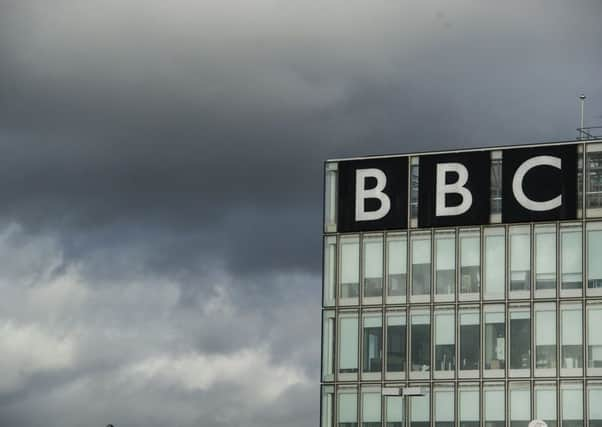Why BBC Scotland channel could become a major success – Brian Ferguson


Considering how much fanfare and expectation surrounded its launch, the first birthday of BBC Scotland’s new channel came and went without too much hoopla.
There had been something of a downbeat run-up to the anniversary, thanks to a triple whammy of news that must have brought uncertainty to the doors of Pacific Quay in Glasgow. First, last month, came news of an £80 million savings drive, which will cut 450 jobs from the BBC’s UK-wide news operation. Then came the darkly ominous reports that Downing Street wanted to ditch the licence fee, replace it with a subscription service and reduce the number of BBC TV channels.
Advertisement
Hide AdAdvertisement
Hide AdFinally there came the surprise news that the most senior executive at BBC Scotland, director Donalda MacKinnon, was stepping down after a three-year tenure, including overseeing the channel’s launch.
Ms MacKinnon, the first woman to take charge of BBC Scotland, cited “family and personal reasons” for her decision to leave BBC Scotland during a “milestone year” in which she will turn 60. But she also said it felt like the right time to leave, given what had been achieved during her tenure, including overseeing research on improving career progression for women in the BBC.
So as its new channel enters its second year and a new era beckons for the corporation’s staff and all those who work with them, are there reasons to be optimistic? Based on the output of the new channel in its first 12 months, I reckon there certainly should be.
There was something of a lukewarm reaction to the various announcements about new programmes on the channel ahead of its launch, particularly when it emerged that established BBC Scotland shows like Still Game, River City and Scot Squad were in the line-up.
However it is a series of unlikely shows that have proved to be some of the winners for the channel. Murder Case and Murder Trial have undoubtedly tapped into the huge audience for true crime documentaries. But who would have thought that viewers would have been gripped by Real Kashmir, which followed the exploits of a former Rangers and Aberdeen footballer at the helm of a team in an city that regularly suffers violent protests and terrorist attacks, or Inside Central Station, which turned the staff at Glasgow Central into unlikely TV stars?
BBC Scotland could never have imagined, surely, that a new late-night football show, A View From The Terrace, would have competed for a major industry honour, ending up highly commended ahead of coverage of the Ashes, Cheltenham Festival and Six Nations. A documentary series on the 2014 independence referendum achieved the impossible by winning almost universal approval from pundits and critics, and created a barrow-load of news headlines.
The most high-profile success was Guilt, Neil Forsyth’s Twin Peaks-esque comedy-thriller, which was a world away from the traditional gritty Scottish crime drama. BBC Scotland has followed up the success of its first major drama by commissioning its first sitcom series, The Scotts, from Burnistoun creators Iain Connell and Robert Florence. It has already given a glimpse of the channel’s real potential if it can act as a catalyst for high-quality new productions to get off the ground with the backing of multiple funders. If the momentum of the first year can be built on, the channel could become the real engine room for the Scottish broadcasting industry.
